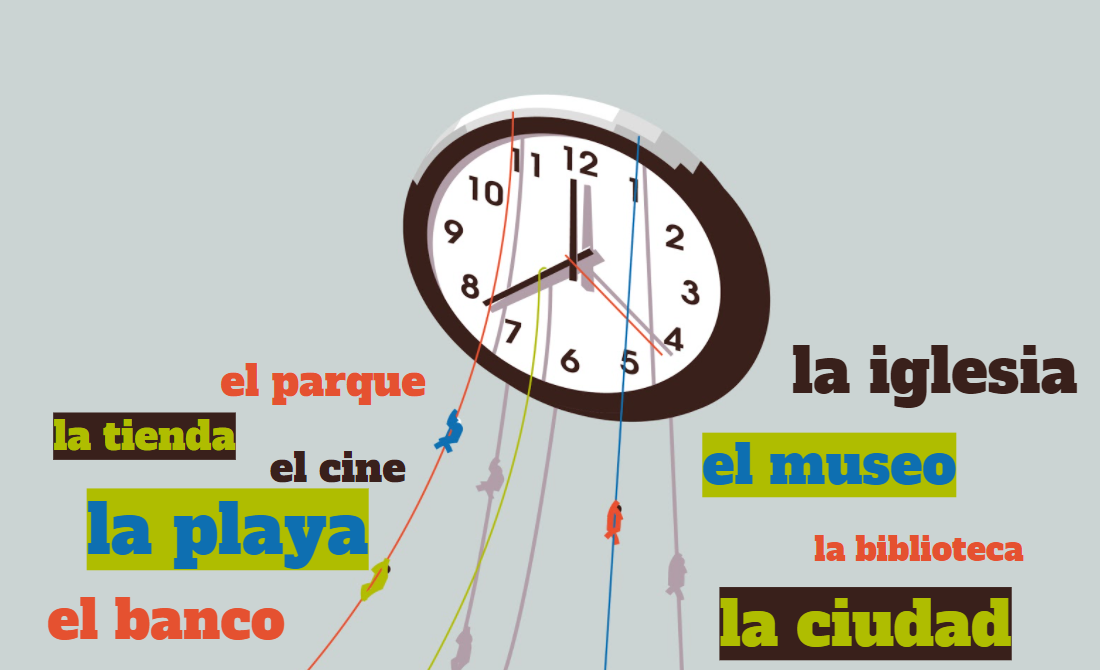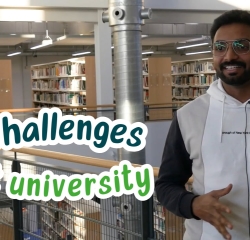
Revision is the most dreaded part of my academic year: wading through stacks of lecture handouts and seminar notes is no-one’s idea of fun.

But with so many digital tools at your fingertips, it doesn’t have to be that way.
Review the revision pain-points below to see:
- Which online revision aids my friends and I use
- Why we use them
- How they could help you
Getting an overview of a topic
I study...
... Spanish and Politics, which means lots of heavy reading and summarising needs to happen before I sit an exam.
There's a chance that the topic I'll choose to write on in the exam was covered in week 2. It's week 11 now.
How am I supposed to recall all that information easily?
For that first dip back into 'old' content, I might take a look at Wikipedia as a refresher. By no means is it the basis of my reading or future revision, but having an overview of a topic can really help.
This is especially useful...
... when I'm referring to notes from a lecturer who didn't explain the basics before they launched into a profound and complex analysis of Neorealism.
I'd hazard a guess you've found yourself in this situation at some point too.
If I'm analysing an established political theory text...
... I use online encyclopaedias and sites such as the Stanford Encyclopedia of Philosophy, which give you the foundations in simple terms and also explain the longer definitions you may have forgotten along the way.
Over to you
Which of these tools could you usefully incorporate into your revision? Do you know of any other apps or websites which could aid your revision? Jot your thoughts down in the box alongside.
*References to other products in this blog are made to ensure proper contextualisation of the information and for the convenience of the reader. References are not an endorsement from Bloomsbury Publishing Plc. Opinions expressed in this blog are those of the writer.
More from Bloomsbury

Taking exams online? Peter Lia's blog Preparing for online exams has practical tips to help maximise your chances of success.

Running out of time? Seize those spare minutes! Follow the tips on the page Last-minute revision to make effective use of the time you have left.




